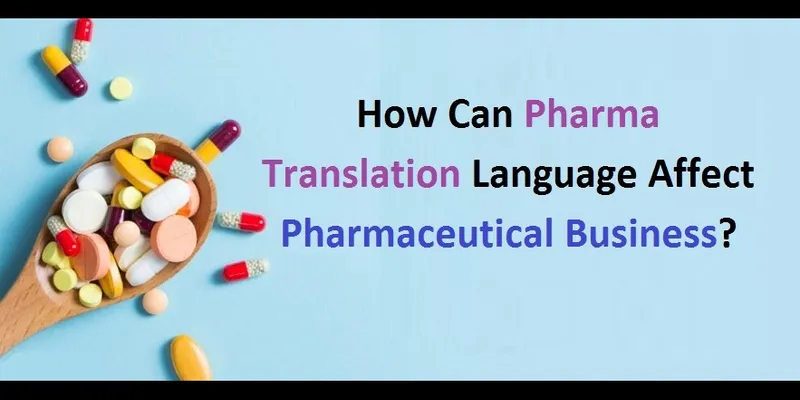


Precision is the key for accurate document translation for any business that operates globally. However, in the field of pharmaceutical and biotech and even for the medical devices for that matter things are even much more complicated.
Even a small error in translating the important documents in the life science industry will result in severe consequences. It will not only delay the proceedings but will also complicate the research process. It will also affect the production efforts and most importantly it will prove to be extremely harmful to the patients. Therefore, the professional must be highly focused to minimize the risk.
Ensure High Quality
When you hire Accurate Pharma Translation for Pharmacies you will be assured of high-quality medical translation. They will focus on concise language so that it is easier to translate the document with clarity in the target language.
It is also very important to translate the documents as instructed and in each language of its publication. If the medical professional or even the patient for that matter misunderstand due to any linguistic error then the repertoire of the translation service is in jeopardy resulting in lower future sales. Apart from that the potential investors will incredibly wary about investing in the pharmaceutical companies.
Poorly Translated Documents
Any poorly translated document will raise the fears about safety in administering the drugto the patients. Therefore, the professional needs to translate carefully and even proofread the translated instructional document or label doubly.
It must be reviewed by the native speakers and edited according to the need. This will ensure that there is nothing unclear and will successfully minimize the risk and fear. Therefore, it is important for the translator to have extensive knowledge that is field specific. This will ensure better and more accurate translation of technical terms involved in medical or pharmaceutical translation.
Requirements Of The Translator
If the translator does not have adequate knowledge of region-specific jargon and the laws and regulations then it will also affect the final outcome. Ideally, a medical document translator will hold a degree of an MSc or Ph.D. in pharmacy.
Apart from that, the translator must have adequate experience in translating the clinical trial documents. They must follow the guidelines and standards set by the regulatory bodies to ensure high quality in their translation project.
They must have the experience to work on regulatory documents, marketing materials, website contents and patents as well.





